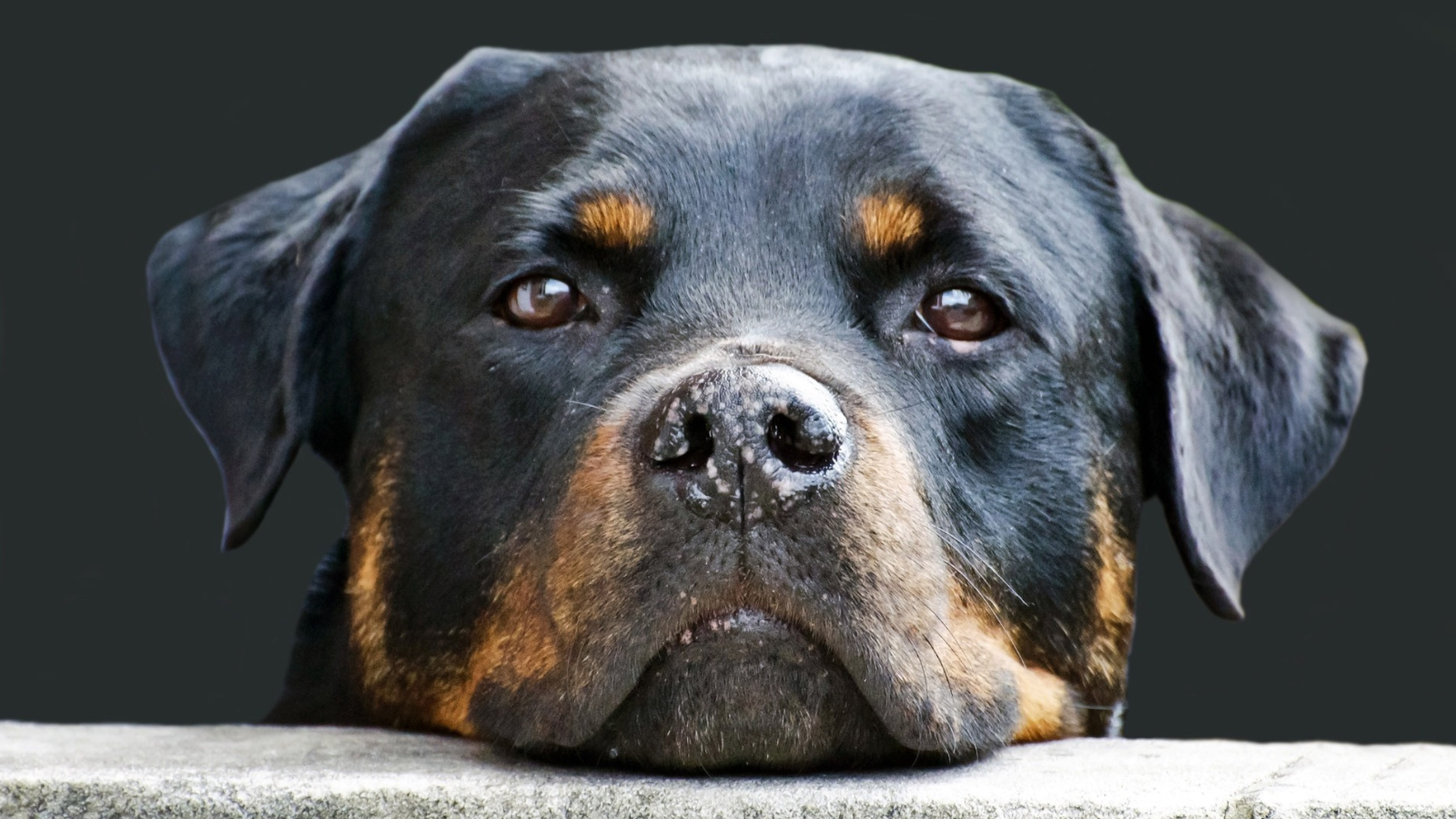Feeding your pet should be simple, right? Scoop, serve, done. But in reality, what and how you feed your animal companion plays a huge role in their long-term health, and it’s surprisingly easy to get wrong. With National Pet Obesity Awareness Day happening in October, it’s the perfect time for pet owners to reflect on daily feeding habits. At Everett Veterinary Hospital, we see firsthand how small mistakes can add up to big problems in terms of pet obesity. So what feeding mistakes should you avoid when pouring food into your pet’s bowl?
Five Mistakes Pet Owners Make with Food
Mistake #1: Free-Feeding All Day
Leaving food out 24/7 is convenient, sure, but it can lead to your pet overeating. Scheduled meal times control calorie intake. Plus, you’ll have an easier time identifying changes in appetite that could signal health problems.
Mistake #2: Guessing Portions Instead of Measuring
“Eyeballing” your pet’s food might feel like second nature, but even small overestimates can add up over time. Always use a proper measuring cup or kitchen scale for consistency.
Mistake #3: Not Counting Treats
Treats should be a part of thinking about how much food your pet’s eating, but many owners forget to factor them in at all. Whether it’s training treats, table scraps, or snacks from well-meaning friends, those little extras can quickly lead to weight gain.
Mistake #4: Feeding Based on Package Guidelines Alone
Food packaging provides general guidelines that are not specific to your pet. Breed, age, activity level, and existing health conditions all affect how much your pet should eat. Your vet can help you figure out portion sizes for your pet. Bring in food labels and, if possible, notes on current feeding routines to your pet’s annual wellness visit for guidance.
Mistake #5: Feeding for Emotion, Not Nutrition
We love to spoil our pets, especially with food. But using treats to express affection can create unhealthy habits and reinforce begging behaviors. Instead, offer love through play, praise, or cuddle time. It’s just as meaningful and far healthier! (And a little treat every once in a while is okay, too.)
Obesity in Pets Is a Growing Concern
Obesity in pets is a serious health issue. Overweight pets are at greater risk for diabetes, arthritis, respiratory issues, and even a shortened lifespan. Fortunately, in many cases, the path to a healthier pet starts in the kitchen. Not sure if your pet is overweight or obese? You can try a Body Conditioning Score chart to get an idea. Generally, pets should be at a 4 or 5 on the 9-point system to be considered at a healthy weight.
If you’ve noticed a widening waistline or lower energy levels, it might be time to reassess your pet’s feeding routine. Reach out to your veterinarian for a weight assessment and nutrition plan that will get your animal companion to a healthy weight safely.
Weight and Nutrition Guidance for Pets in Everett, WA
Feeding your pet shouldn’t feel like a guessing game. By avoiding these common mistakes, you can help your dog or cat maintain a healthy weight. As we recognize National Pet Obesity Awareness Day this October, take a moment to evaluate your pet’s current feeding habits. Everett Veterinary Hospital has veterinary nutrition guidance in Everett for pets from Lynnwood, Edmonds, Everett, and neighboring Washington areas. Schedule a nutrition check-up with us to review your pet’s diet and weight.



